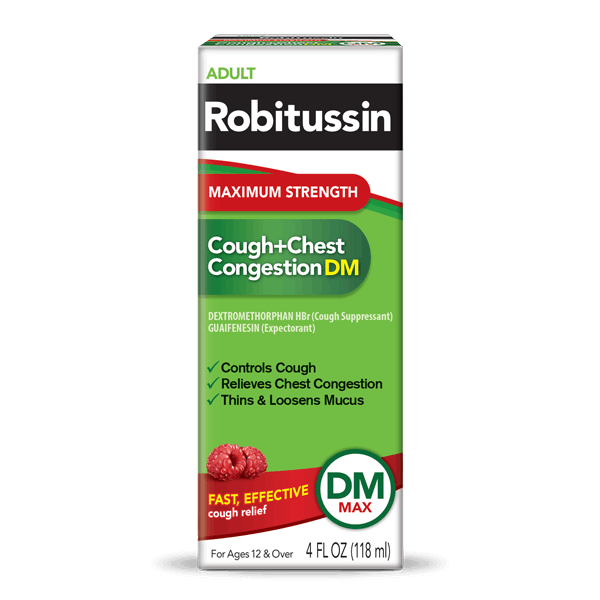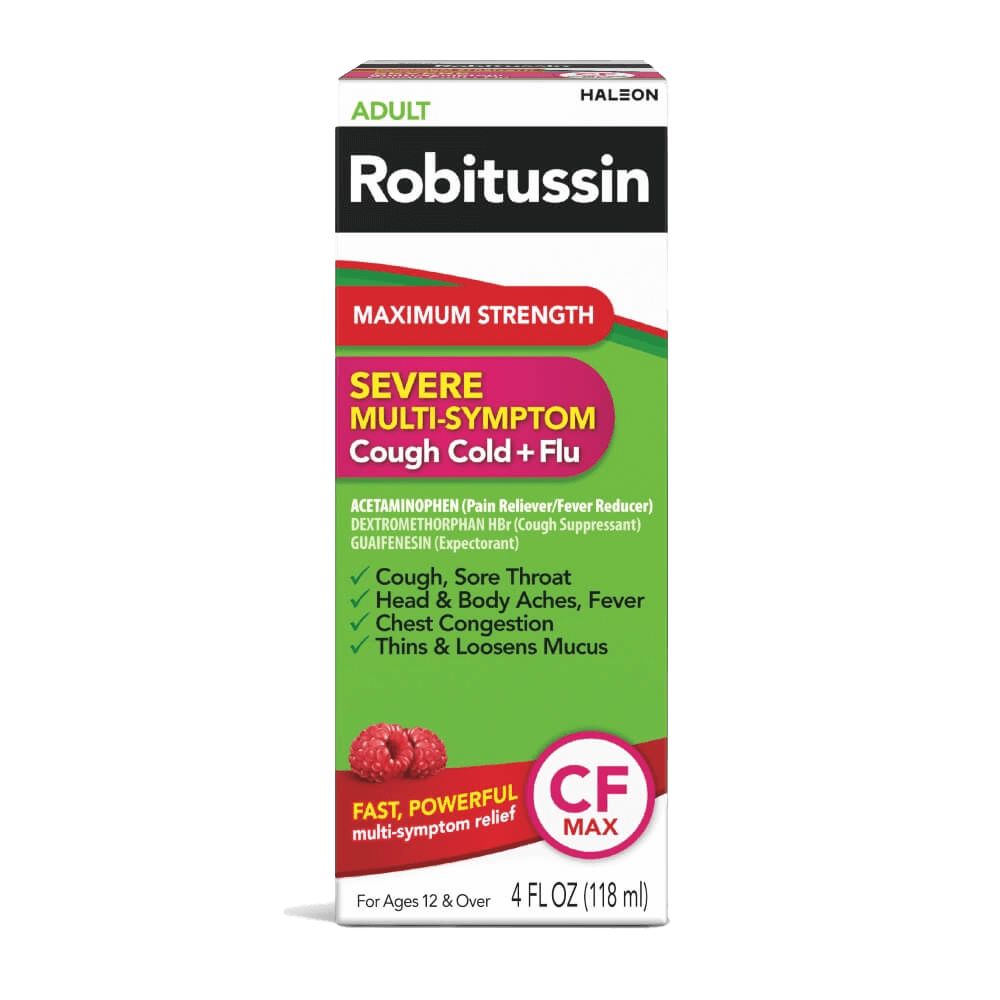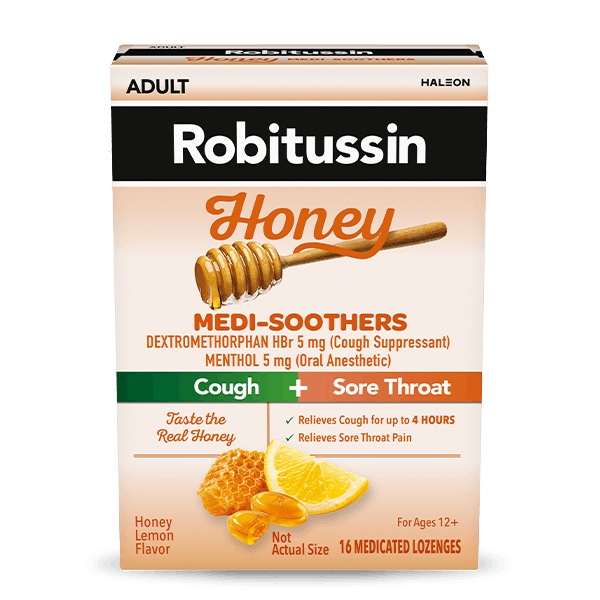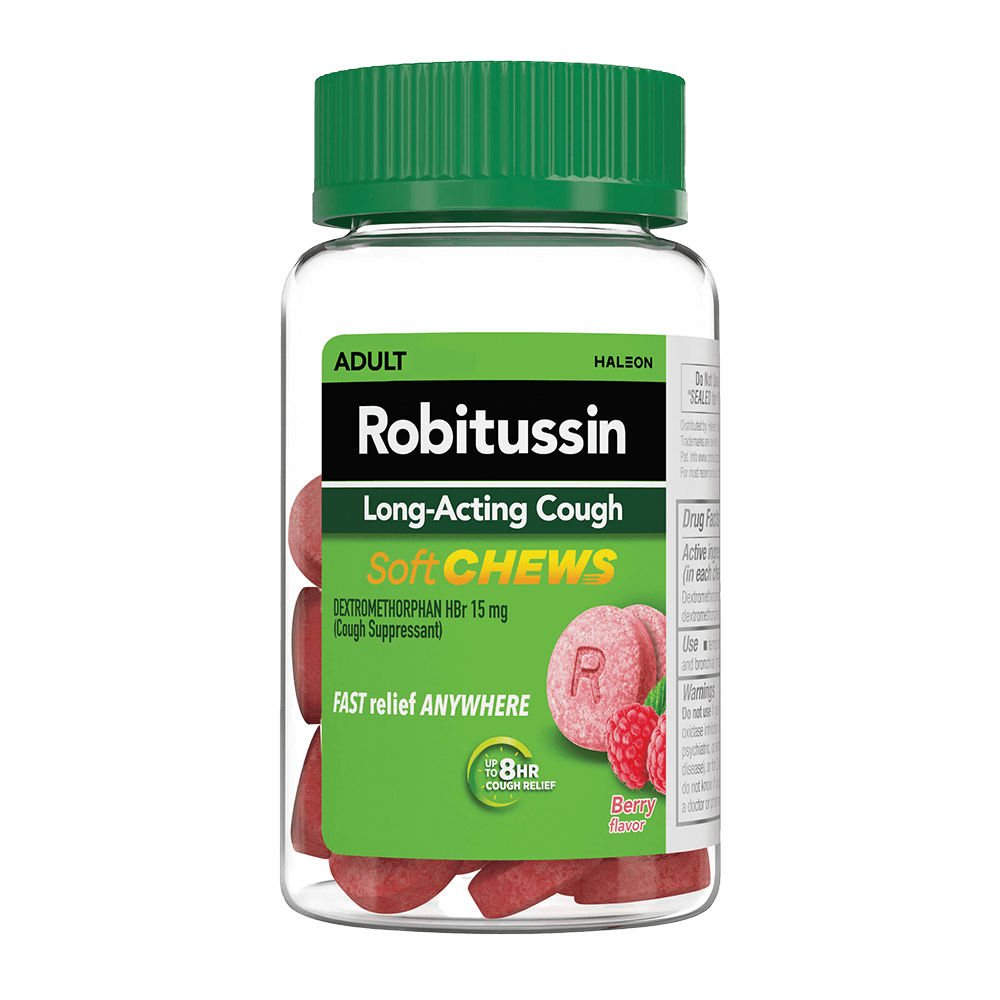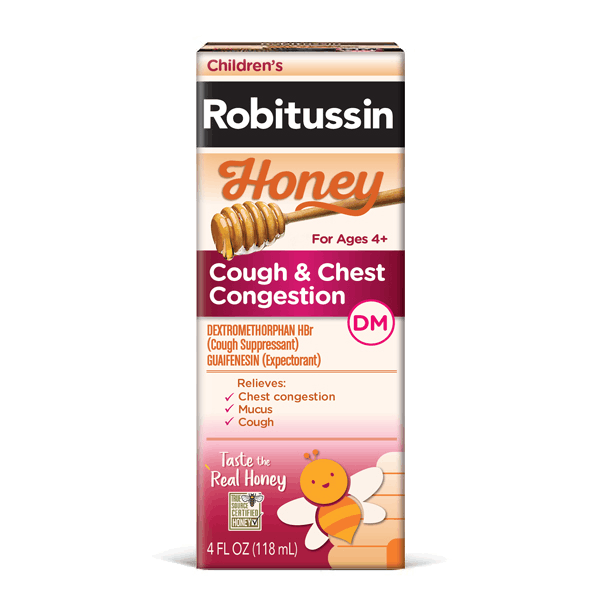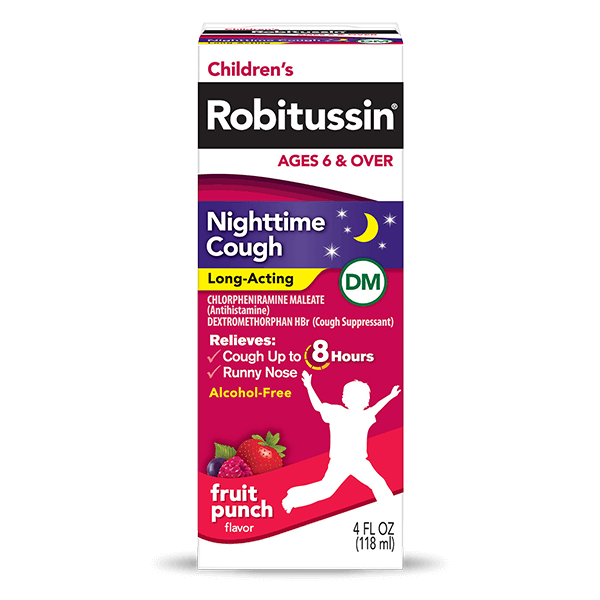Common Cold Facts
The common cold and cough affects millions of people each year.1 Here are the facts about severe cough and cold that you need to know:
- There is no cure for the common cold,2 but severe colds may be prevented by carefully avoiding contact with cold sufferers and by remembering to frequently wash your hands.3 Preparation and diligence are the keys to prevention.
- Symptoms of an influenza or "flu" virus infection may be similar to a cold but are usually more severe. Flu symptoms may include a high fever and severe muscle, body aches and pain. Both the common cold and the "flu" are caused by viruses, not bacteria.4

- Common symptoms of a severe cold are sore throat, cough, runny nose, nasal and/or sinus congestion, chills, headache, and a feeling of tiredness.5 When you have a severe cold, coughing is not usually the first symptom you notice, but it’s often considered the most annoying symptom of a cold.6
- Up to 50% of people suffering from a cold will have a cough.6-7 For most, their cough will last at least 1 week.8
- About half of people with a cold and cough will choose to self-treat the symptoms, and a smaller number (25%) will look for help from a healthcare provider.7, 9-10
Severe colds may be prevented by carefully avoiding contact with cold sufferers and by remembering to frequently wash your hands.
- Sometimes it’s hard to decide what medication will help with the different symptoms. Here are the basic facts about cold and cough medications:
- A decongestant can relieve nasal or sinus congestion.11
- An antihistamine can help with your runny nose and watery, itchy eyes.11
- An analgesic, like acetaminophen, can reduce fever and provide relief from aches and pains associated with colds or the "flu."
- If you have a dry cough or a cough with small amounts of clear or white mucus (phlegm), an antitussive medication can help.6,10,11
- If you have thick, stubborn phlegm that is hard to cough up, an expectorant can help.6,10,11
- Antibiotics treat bacterial infections and will not treat the common cold. Because colds are caused by viruses (not bacteria), antibiotics will not help.12
You should contact your healthcare provider if your cough continues for more than 7 days or if your symptoms include a high fever, swollen glands, severe sinus pain, or a cough with excessive mucus. These may be signs of a more serious illness.5
TAGGED: COLD AND FLU, COUGH, COUGHING, COUGH MEDICINE, EXPECTORANT
References
- WebMD Common Cold. Available at http://www.webmd.com/cold-and-flu/common_cold_overview. Accessed September 9, 2015.
- MedLine Plus Common Cold. Available at https://www.nlm.nih.gov/medlineplus/commoncold.html. Accessed September 9, 2015.
- CDC Common Colds: Protect Yourself and Others. Available at http://www.cdc.gov/Features/Rhinoviruses/index.html. Accessed September 9, 2015.
- MedLine Plus Flu. Available at https://www.nlm.nih.gov/medlineplus/flu.html. Accessed September 9, 2015.
- Mayo Clinic Common Cold Symptoms. Available at http://www.mayoclinic.org/diseases-conditions/common-cold/basics/symptoms/CON-20019062. Accessed September 9, 2015.
- Dicpinigaitis PV, Colice GL, Goolsby MJ, Rogg GI, Spector SL, Winther B. Acute cough: a diagnostic and therapeutic challenge. Cough. 2009;5:11.
- Morice AH, McGarvey L, Pavord I. BTS Guidelines: Recommendations for the management of cough in adults. Thorax. 2006;61(suppl 1):i1-i24.
- Jones BF, Stewart MA. Duration of cough in acute upper respiratory tract infections. Aust Fam Physician. 2002;31(10):971-973.
- Schneider H, Roehrig RC, Coppolecchia R, et al. White paper on the benefits of OTC medicines in the United States: Report of the Consumer Healthcare Products Association’s Clinical/Medical Committee. Pharmacy Today. 2010(October):68-79.
- Derebery MJ, Dicpinigaitis PV. New horizons: over the counter medications for cough, cold, and upper respiratory conditions. Postgraduate Medicine. 2013;125(1):82-96.
- MedLine Plus Cough & Cold Medicines. Available at https://www.nlm.nih.gov/medlineplus/coldandcoughmedicines.html. Accessed September 9, 2015.
- CDC Get Smart: Know When Antibiotics Work. Available at http://www.cdc.gov/getsmart/community/for-patients/common-illnesses/colds.html. Accessed September 9, 2015.
